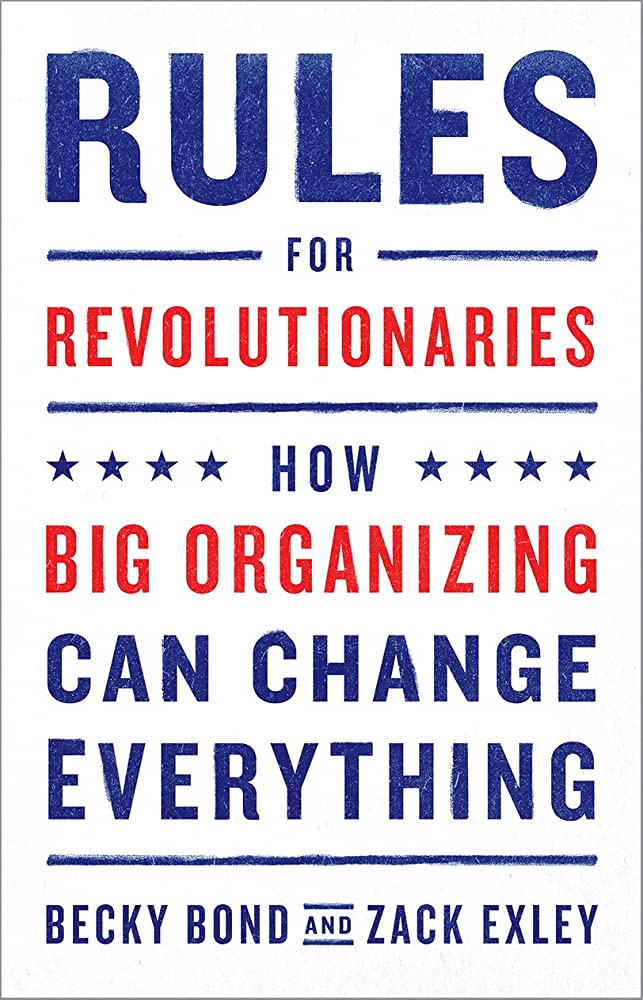The Experience Effect: Engage Your Customers With a Consistent and Memorable Brand Experience
RATING


The author of The Experience Effect defines the term as “the summary impact of your brand on a consumer based on the cumulative experiences they have with your brand every time they interact with it.”
This book is a guide for brand building and intended for marketers, proposing a 6-step approach:
- Define your brand with clarity
- Understand your target audience
- Ensure your brand is rooted in the lifestyle of your customers
- Activate brand “touchpoints” that engage your customer both rationally and emotionally
- Tap into the power of social networks to market your brand
- Test touchpoints to make sure they work and guarantee that the experience effect belongs to your brand alon
This is an easy-reading book on marketing with an emphasis on brand. It is written from a marketer’s/advertiser’s point of view. Insights and good examples of branding and how we all have become “marketers” of our own individual brand, not just customers of others’ brands, even citing celebrities such as Madonna.
The book refers to the importance of customer experience, primarily through the touch-points example, however this is not a book on customer experience. It is written with a brand focus, however in stressing the brand above all it overlooks the principle of customer experience (while referring loosely to it), overlooking all the other aspects of creating a consistent, compelling customer experience. For more on experience, see Customer Experience Strategy (Senteo review).
The decision to pay money for a product or service is often based on more than just the product or service itself. Consumers care deeply about the overall experience of the buying process: They respond to the marketing message, the advertising, the sales approach, the website, the interaction with company personnel, and more. When all these elements come together to form a seamless experience, the customer is left with a feeling of satisfaction that ultimately builds loyalty. Jim Joseph calls this ideal combination the ‘experience effect’, and in this book he shows how any business can create one for its brand. Filled with practical advice and real-life examples. Whatever the business, whatever the size, “The Experience Effect” will help companies create a simple yet powerful brand experience that resonates purpose fully, consistently, and continuously with customers.
This book provides an introduction for brand managers and marketers looking to create a compelling brand strategy with emotional appeal. It contains good examples such as Abercrombie & Fitch, Ralph Lauren, Apple, Blackberry and American Express.

This book provides a loose research background on creating a compelling brand strategy with some examples for tactical applications (6-step approach), we feel these were light on details.
See content on this topic

Sales training for front line along with basic development and coaching principles for line management.
Understanding branding and communications from the standpoint of emotional engagement and building relevant and meaningful dialogue with customers.
This course covers a complete view of customer touch points (both physical and virtual) and a unique model for standardizing and managing customer contact models across channels including approaches for customer feedback, quality management, and migration.
Understand how the innovation process changes moving from functionality and channel design to a process focused on creating value for customers.
Experiential Branding & Communications – Improving Brand Integration Through Emotional Engagement.
This course covers a complete view of customer touch points (both physical and virtual) and a unique model for standardizing and managing customer contact models across channels.
Understand the value of a customer-oriented analytics package and how behavioral scenarios can be used to improve profitability through influencing behavior and usage.
To understand the principles of game dynamics and learn how to effectively use the elements of gamification in business: to involve customers, employees and contractors in the process.
Understanding branding and communications from the standpoint of emotional engagement and building relevant and meaningful dialogue with customers.
This course covers a complete view of customer touch points (both physical and virtual) and a unique model for standardizing and managing customer contact models across channels including approaches for customer feedback, quality management, and migration.
Experiential Branding & Communications – Improving Brand Integration Through Emotional Engagement.
This course covers a complete view of customer touch points (both physical and virtual) and a unique model for standardizing and managing customer contact models across channels.




 Copy Link
Copy Link
 E-mail
E-mail
 LinkedIn
LinkedIn
 Facebook
Facebook
 Telegram
Telegram
 WhatsApp
WhatsApp
















 Go Back
Go Back
Leave a Reply
You must be logged in to post a comment.